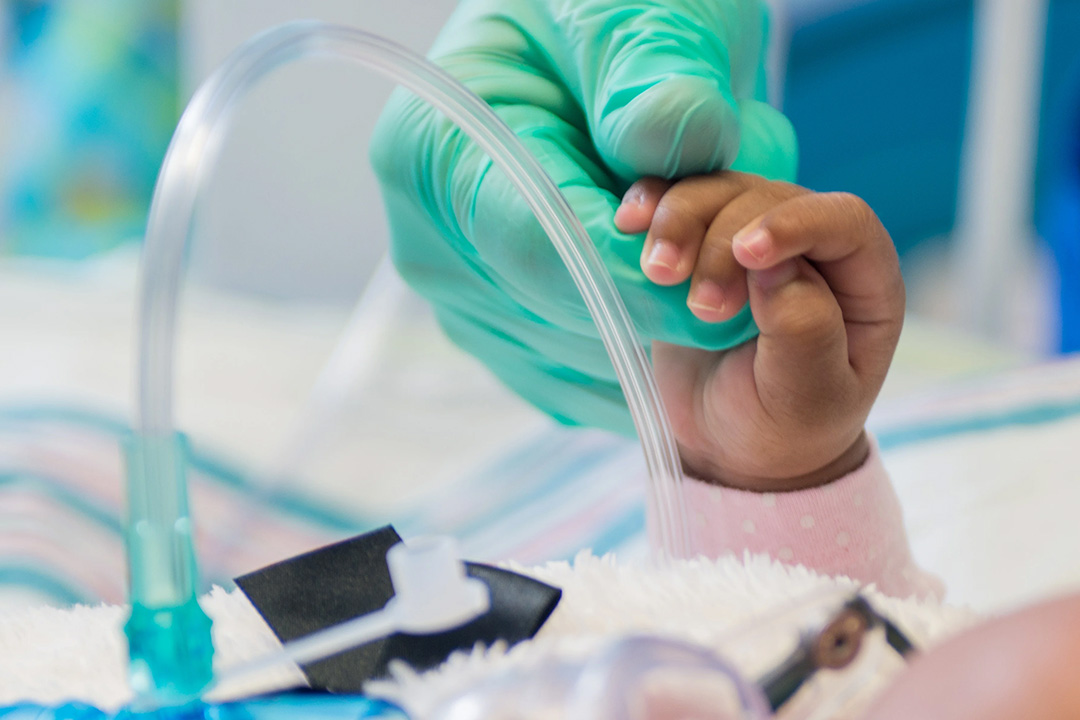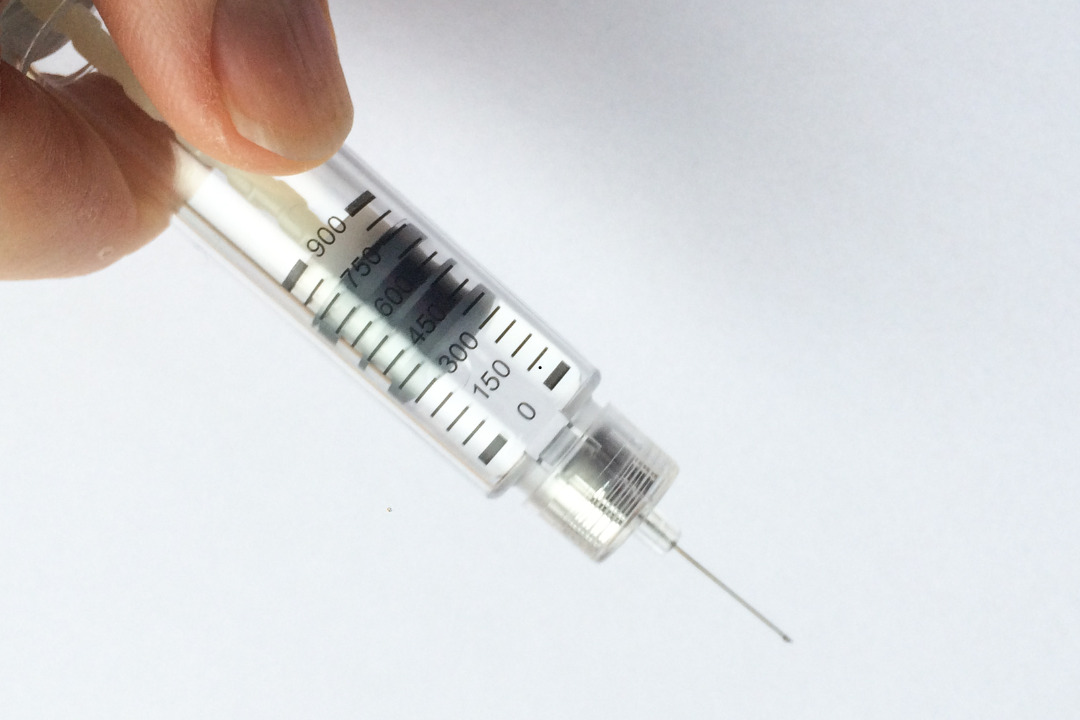IUI Babies vs Normal babies: Is there a difference?
Assisted reproductive technology offers many benefits for couples who are unable to conceive normally. IUI is a popular choice due to its simplicity and non-invasive nature. IUI is a direct injection of prepared sperm into a woman's uterus during her fertile window.
Parents-to-be should understand the difference between IUI and naturally conceived babies. These differences are mostly related to the process of conception. IUI infants would receive strict medical examinations and quick interventions, as well as extra treatments to address infertility issues. During natural conception, these steps were not necessary.
Research indicates that while the path to pregnancy may differ between IUI and natural conception, the resulting children have similar health outcomes. Parents often wonder if the method of conception affects the development, health, or emotional well-being of their child.
Major differences between IUI Babies and naturally conceived babies
Some of the differences between IUI-conceived children and those conceived naturally are actually a result of the process, not the product. The point of difference lies in the conception method.
Conception Method: IUI babies are conceived through a medical procedure addressing specific fertility issues. This method is the direct insertion of sperm into the uterus, bypassing certain barriers to natural conception. In contrast, babies conceived naturally are conceived through sexual intercourse without assisted techniques.
Preparation: IUI is prepared for by extensive medical evaluation for couples, and some may use fertility treatments like ovulation induction. These preparations are not part of natural conception and are deliberate interventions that increase the chances of pregnancy.
Genetic Screening: In cases of IUI, especially if donor sperm is used, genetic screening is done to reduce the possibility of hereditary conditions. This does not occur with natural conception; however, some prenatal tests are conducted later when necessary.
Development and Health: Studies reveal that children born through IUI are as healthy and normal as children born without the help of fertility treatments. They do not show any significant difference in physical growth, cognitive development, or emotional development. Children born through both methods reach the same developmental stages and have similar health outcomes.
While the processes differ, the end results—a healthy baby—are remarkably similar. The distinctions primarily revolve around the journey to conception and the medical interventions required, not the nature of the child.
About IUI
IUI is the kind of fertility treatment that would place sperm directly in a woman's uterus in order to make it more likely for her to get pregnant. The procedure is usually recommended for couples facing specific types of fertility challenges. This treatment can be of great help for low sperm count, weak motility, cervical issues, or unexplained infertility.
For IUI, the sperms are collected and processed, followed by injection in the uterus during the optimal timing of ovulation, which thereby increases the chance of the sperm's encounter with the egg.
One of the biggest advantages of IUI is its non-invasive aspect compared to most other reproductive technologies, such as IVF. IUI takes advantage of the natural process of fertilization but improves the conditions required for conception.
Since the technique is simple, IUI success is dependent on timing, proper medical evaluation, and, in certain cases, fertility medicines to trigger ovulation. Doctors guide couples through this procedure, making sure that every step is carried out to increase their chances of a healthy pregnancy.
Preparation for IUI: Key Steps
The beginning of successful IUI treatment involves proper preparation. Couples should be subjected to in-depth medical tests to determine whether they are qualified for the process. These evaluations usually involve both partners to establish whether there is any underlying fertility problem that would affect the result. For women, this usually involves tests that check on the ovulation pattern, hormonal levels, and health status of the reproductive organs. In men, they may be required to provide a semen sample for analysis to establish sperm count, motility, and morphology.
After assessment, doctors often recommend lifestyle changes for better fertility. Maintaining ideal body weight, a healthy diet, decreased alcohol and caffeine consumption, refraining from smoking, and minimizing stress are usually recommended.
Medications that can stimulate ovulation are also sometimes prescribed for some women to improve the chances of releasing one or more eggs in the cycle. The time of ovulation is important. Couples use predictor kits for ovulation, blood tests, or ultrasound monitoring to identify the actual time of ovulation.
Treatment Options for IUI
There are various strategies in IUI treatments that couples and doctors may use to maximize the chances of conception. Each is geared towards the specific fertility problems encountered by the couple.
Ovulation Induction: A common treatment that usually includes a prescription for medications is often utilized. This can cause the release of one or more eggs to enhance the opportunity for fertilization. Regular ultrasound and blood test follow-up help determine when to conduct insemination, hopefully coinciding with ovulation.
Optimal Timing: Some couples may choose to time intercourse naturally in conjunction with IUI treatments. Using ovulation predictor kits or working closely with a fertility specialist helps in accurately identifying the fertile window, maximizing natural conception chances alongside medical intervention.
In situations of male-factor infertility, another way to improve conception is with donor sperm. Donor sperm is heavily screened for any kind of genetic and infectious disease before it reaches a patient and ensures high-quality gametes during the IUI process. Such assistance can enable otherwise infertile couples with low or abnormal-quality sperm reserves in their husbands to conceive successfully.
Lifestyle Modifications: Healthy lifestyle choices complement medical treatments. Eating a balanced diet rich in vitamins and minerals, maintaining an optimal weight, avoiding toxins, and managing stress can improve the quality of both sperm and eggs. Such changes not only boost the success rates of IUI but also contribute to overall reproductive health.
These treatment options demonstrate the flexibility and adaptability of IUI as a fertility solution. Couples can work with their healthcare providers to select the strategies that best suit their needs, thereby increasing the likelihood of a successful pregnancy while addressing underlying fertility issues.
Health and Development Outcomes
One of the main concerns for parents considering IUI is whether the health and development of their child might be affected by the assisted conception process. Research in this area is extensive and reassuring.
IUI-conceived children develop typically and usually keep pace with their naturally conceived peers. No differences in physical health indicators have been found for birth weight, gestational age, and early childhood growth patterns.
Similarly, there are no cognitive development differences between IUI-conceived children and naturally conceived children regarding language skills, problem-solving ability, and social behavior.
Long-term studies have followed IUI babies into adolescence and adulthood. These studies indicate that there are no increased risks of developmental disorders or chronic health issues due to IUI. As with all children, genetics and environment play key roles in development, irrespective of how conception occurred.
Parents who undergo IUI often go through intense emotional journeys. The high emotional investment during the fertility treatment process may lead to deep attachment and a strong commitment to providing the best care for their child.
Safety of IUI Babies
The safety of IUI babies is a common concern among prospective parents. Medical research and clinical practice have established that IUI is a safe procedure when conducted under the guidance of experienced professionals. The process involves rigorous screening and preparation, which contributes to the health of both the mother and the baby.
IUI procedures are carried out with sterile equipment to reduce the chances of infection. The handling of sperm samples and fertility medications is strictly monitored for safety. Minor side effects, such as light spotting or mild discomfort, may occur, but serious complications are rare.
Conclusion
In summary, the differences between IUI-conceived babies and naturally conceived babies can be noted in terms of the means of conception along with the preparatory steps taken for that conception. IUI is a procedure that focuses on particular fertility issues while also being safe and effective. Consistent evidence exists, showing that children born through IUI grow normally and are healthy, without major differences from their naturally conceived counterparts.
The more couples opt for IUI, the more crucial it becomes to understand the process, the emotional journey, and the outcomes. Prospective parents can approach IUI with confidence knowing that while the path to pregnancy may differ, the end result-a healthy, thriving child-is consistent across both methods of conception.
About Us
AKsigen IVF is a premier center for advanced fertility treatments, with renowned fertility experts on our team. Specializing in IVF, ICSI, egg freezing, and other cutting-edge reproductive technologies, AKsigen IVF is committed to helping couples achieve their dream of parenthood. With personalized care and a patient-first approach, AKsigen IVF provides comprehensive fertility solutions under one roof.






















































































